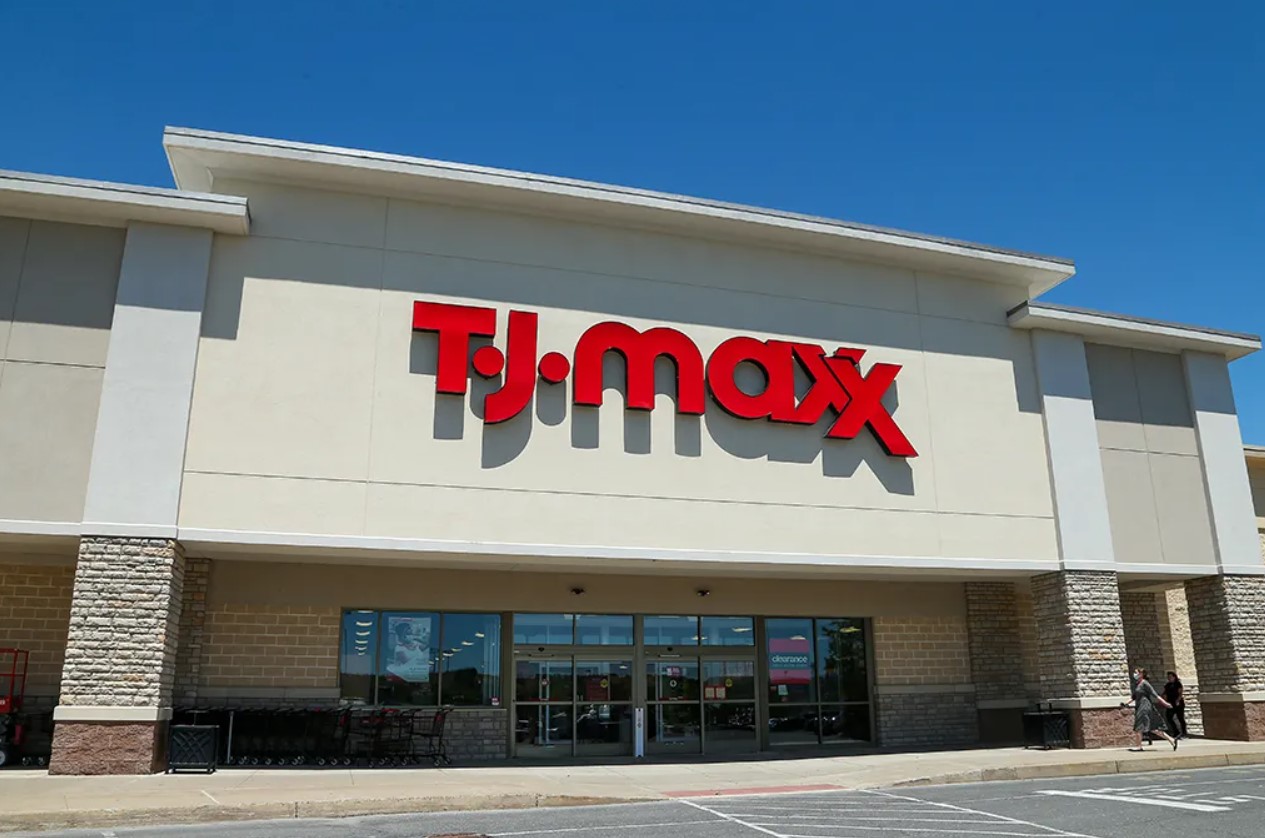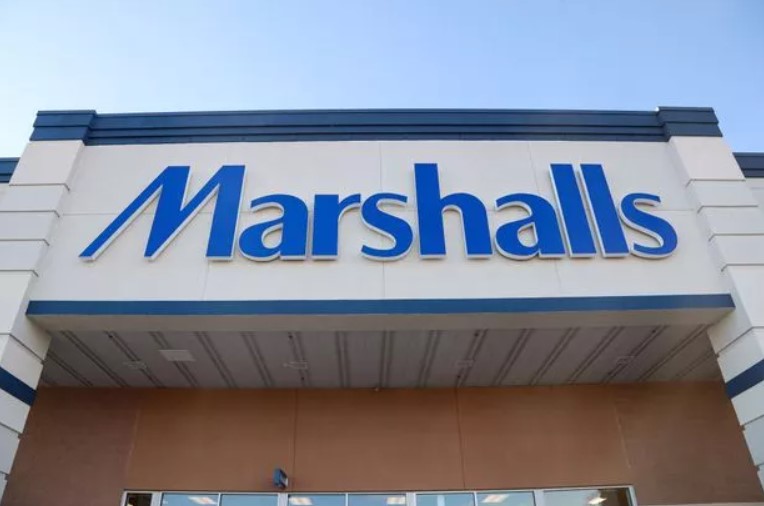In recent months, several TJMaxx and Marshalls stores across the United States have announced closures as part of their strategic restructuring efforts. The decision to close these locations comes as a result of shifting consumer preferences, increased competition from online retailers, and the impact of the COVID-19 pandemic on brick-and-mortar retail.
While the closures may be disappointing for employees and loyal customers of these stores, it is a necessary step for the companies to adapt to the changing retail landscape and ensure their long-term viability. By consolidating their store footprint and focusing on their most profitable locations, TJMaxx and Marshalls can streamline their operations, reduce costs, and better position themselves for future growth. While the closures may be met with some resistance, they are ultimately a crucial part of the companies’ efforts to remain competitive in the retail industry.

Closure Alert: TJMaxx and Marshalls Locations Nationwide
Attention shoppers, it has recently been announced that TJMaxx and Marshalls locations nationwide will be closing their doors permanently. This closure alert comes as a surprise to many loyal customers who have come to rely on these popular discount stores for their affordable and stylish clothing and home goods.
The decision to close these stores is due to a variety of factors, including changes in consumer shopping habits, increased competition from online retailers, and the economic impact of the ongoing global pandemic. While it is certainly disappointing news for those who enjoy shopping at TJMaxx and Marshalls, it is important to remember that businesses must make difficult decisions in order to survive in today’s ever-changing retail landscape. As we say goodbye to these beloved stores, we can look back on the fond memories of finding great deals and unique treasures in their aisles.
While the closure of TJMaxx and Marshalls locations nationwide may mark the end of an era, it also presents an opportunity for new and innovative retail concepts to emerge and thrive in the future. It is a reminder that the retail industry is constantly evolving, and that we must adapt and embrace change in order to move forward. So, as we bid farewell to TJMaxx and Marshalls, let us remember the joy they brought us and look forward to what the future holds in store for retail shopping.
New York Store Closures
In recent months, there has been a noticeable trend of store closures in New York City. This phenomenon has left many residents feeling concerned about the impact on their neighborhoods and local economy. Some attribute these closures to the rise of online shopping and changing consumer preferences, while others point to rising rents and operating costs as the primary drivers.
Whatever the reason, the closure of stores can have far-reaching consequences, from job losses to decreased foot traffic in commercial districts. Small businesses, in particular, may struggle to survive in the face of these closures, as they often lack the resources to weather such economic challenges. However, some see this as an opportunity for the city to evolve and adapt to a changing retail landscape. As storefronts sit empty and For Sale signs dot the cityscape, there is a sense of uncertainty about what the future holds for New York’s retail sector.
It remains to be seen how policymakers and business owners will respond to this shifting reality and whether new strategies will be implemented to support struggling businesses and revitalize local shopping areas. In the meantime, residents are left to grapple with the loss of familiar stores and the changing face of their communities.

Chicago Store Closures
In recent years, the city of Chicago has seen a significant increase in store closures. This trend has raised concerns among residents and local business owners about the impact on the community and economy. Many attribute the closures to various factors such as changing consumer preferences, increased competition from online retailers, rising rents, and economic downturns.
The closure of stores not only affects the livelihood of employees but also the availability of essential goods and services in neighborhoods. Small businesses, in particular, are feeling the brunt of the closures as they struggle to compete with larger corporations. Some argue that the closures are a natural part of the business cycle and that new opportunities will arise as a result. However, others fear that the loss of these stores will lead to a decline in the overall quality of life in the city.
As the number of closures continues to grow, it is evident that the issue is complex and requires a multifaceted approach to address. Ultimately, finding a solution to the problem will require cooperation between government officials, business owners, and residents to ensure the long-term sustainability of Chicago’s retail sector.
